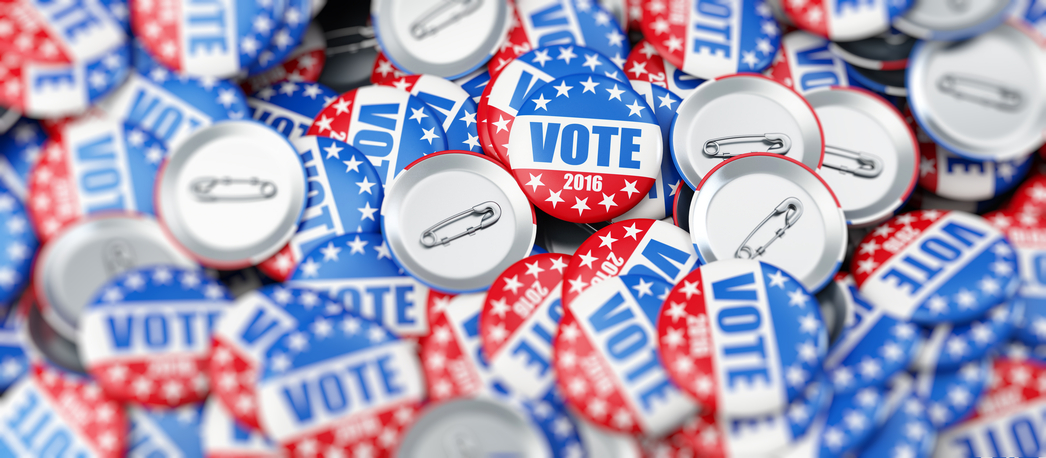Anxiety, Depression, and the 2016 Presidential Election

Over the last several months, many people have been coming into my office expressing tremendous distress and anxiety regarding the General Election this year. It has been unusually divisive, contentious, and has raised issues for many women regarding past sexual harassment or mistreatment in relationships. People are angry. People are anxious. Families and Friends are arguing and sometimes passionately divided on the issues. It’s a very difficult time.
If you suffer from anxiety and/or depression or if you have a history of sexual abuse or any type trauma, it might be worse during this time. What can you do? The election will officially be over on November 8, if we are all lucky. But the reverberations may be felt for weeks or months to come.
Here is a list of 10 tips to help you survive the remaining weeks of the election:
- Temporarily block or even Unfriend folks on social media that are bothersome to you. No need to comment or argue if you are feeling anxious and stressed- getting into it will likely exacerbate your own symptoms of anxiety or depression. You can always unblock and refriend once the election is over and things settle down.
- Limit time spent reading or watching the news and being on social media. Give yourself a daily budget of time (say 10-15 minutes per day) to stay responsibly informed. Beyond that, find something else to do! Listen to inspirational music or podcasts, read a book, or watch a (non-political) comedy show to lighten things up.
- Be sure you are getting adequate sleep, as lack of rest makes symptoms of anxiety and depression significantly worse. Power down computers and devices 1 full hour before retiring, take a bath or shower, and read a magazine or book before you settle into bed.
- Exercise, Exercise, Exercise! Just be sure not to watch the news or check out social media while you are at the gym! Try a yoga class, spin, or go for a walk outside in the fresh air instead.
- Watch your alcohol, caffeine and sugar consumption. They can make symptoms of anxiety and depression worse, especially when paired with watching or reading news about the election.
- Spend time with people you love and feel connected with. Get outside, cook something delicious, or play a game. Just be sure to set some firm limits regarding election talk. See below for tips on how to manage conversations.
- Consider asking family members and close friends not to discuss the election around you. You can always take the one down position and say, “I don’t mean to be a drag, but do you mind if we talk about something else? I’m just SO burnt out on the news and it would mean a lot to be able to talk about something else. Thanks for understanding. Seen any good movies/theater/music lately?”
- Is there a small project or task you’ve been meaning to get done around the house that you’ve been postponing or dreading? Set a timer for 30 minutes and get it started. Research shows that making progress on a neglected project can significantly boost your mood and decrease symptoms of anxiety and depression. Also, there’s something to having control over your junk drawer or closet that promotes feelings of accomplishment and raises your self-esteem. This can be particularly helpful if you’ve been experiencing feelings of hopelessness or powerlessness as a result of election news.
- Donate the purged stuff you just cleaned out of your drawers or closet. Giving to others can generate the production of feel-good chemicals in our brains.
- Finally, remind yourself that this is temporary and that things will settle down in the weeks and months after the final vote is counted. Life will return to “normal” and many of your feelings of anxiety and depression will likely subside.
However, if you are experiencing overwhelming feelings of anxiety, sadness, hopelessness, or intrusive memories of past trauma or harassment, consider connecting with a therapist for a few sessions to process your feelings and get some additional support. It takes courage to be vulnerable and ask for help, but know that there is help available to guide you through the healing process.

